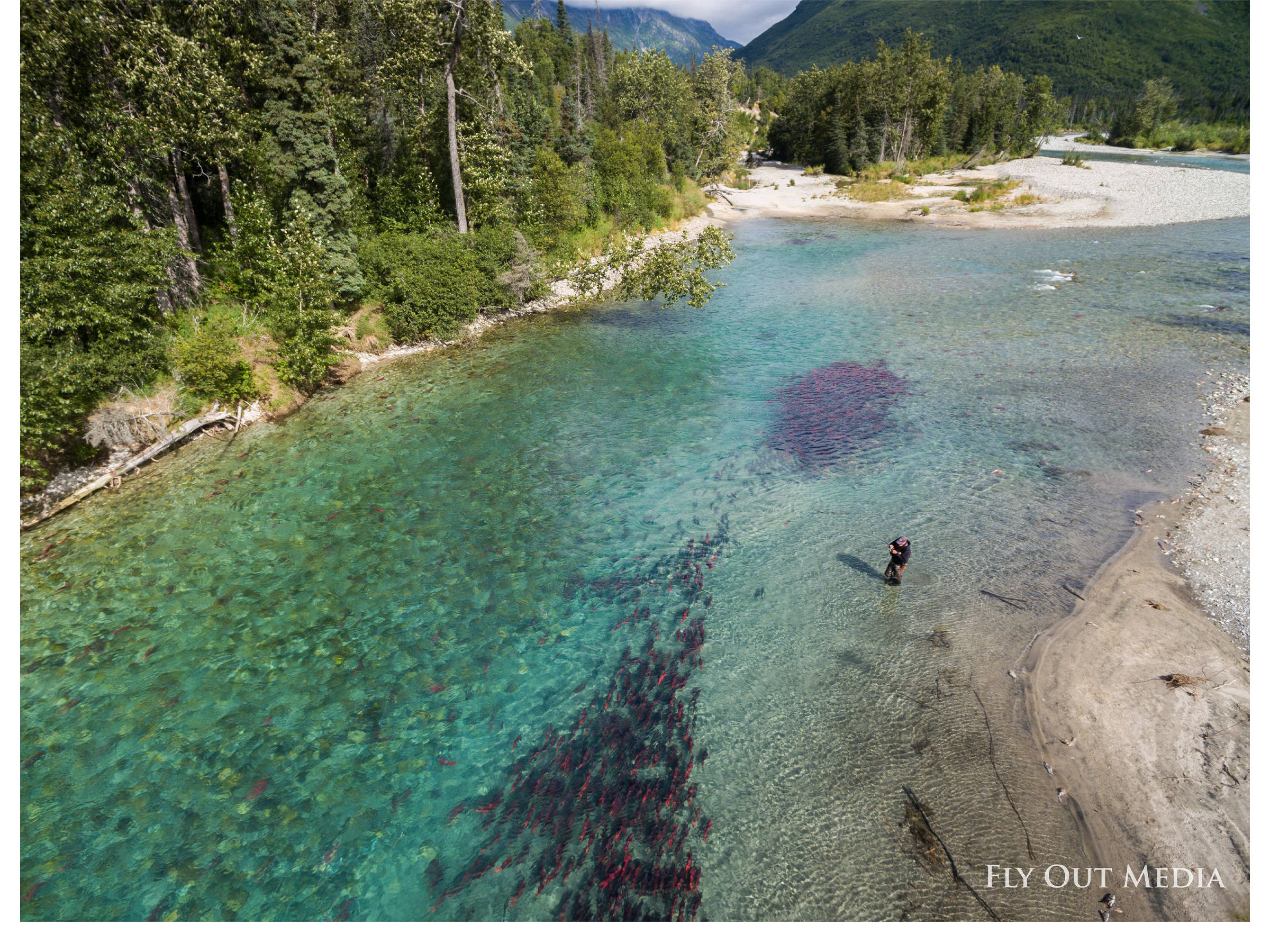Conservation is the best idea that America ever gave the rest of the world. The presidents who remember that fact and use their executive power in the name of conservation are often best remembered for those acts—not the often forgettable, if not regrettable, policies they enact.
Historical environmental wins
President Grant signed an act creating Yellowstone National Park. President Theodore Roosevelt extensively wielded the Antiquities Act to protect natural treasures such as the Grand Canyon. President Nixon signed into law the National Environmental Policy Act, the Clean Air Act of 1970 and the Endangered Species Act. He also created the Environmental Protection Agency and the National Oceanic Atmospheric Administration.
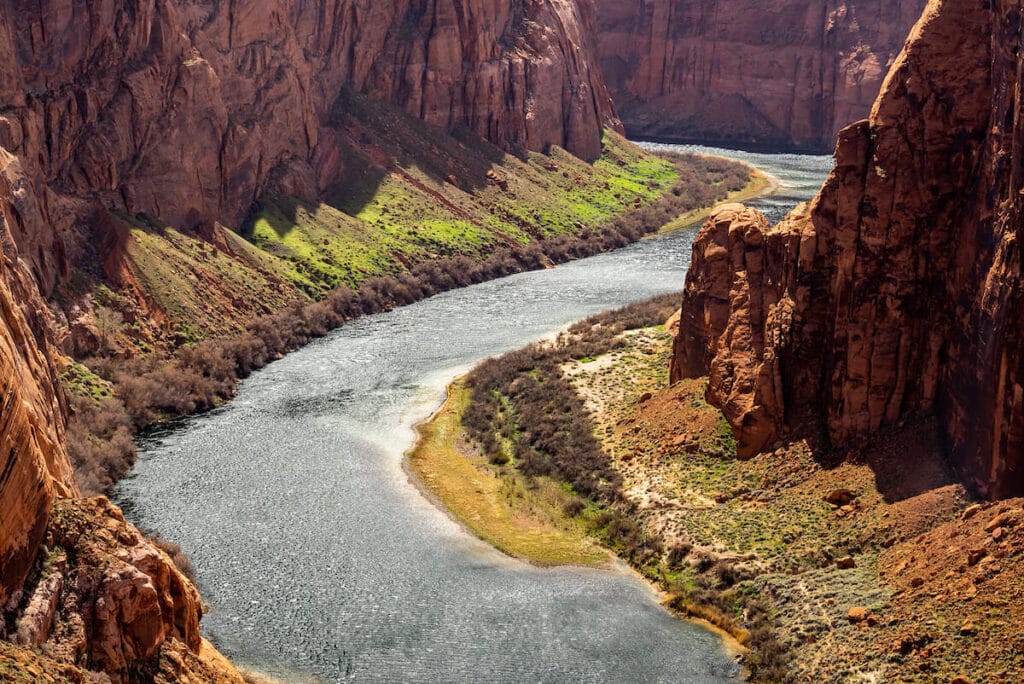
As we enter our 250th year as a nation, it is remarkable how presidents of both political parties have wielded their executive authority to care for and recover America’s lands and waters.
At the end of his first administration, President Trump laudably exercised that executive power in denying a key permit for the so-called Pebble Mine, and in so doing protected Alaska’s Bristol Bay region and its world-class wild trout and salmon fisheries. He also signed into law the Great American Outdoors Act, which secured permanent funding for the Land and Water Conservation Fund and supported the repair of recreation sites, including trails, campgrounds, and boat ramps, enabling more Americans to enjoy the nation’s public lands.
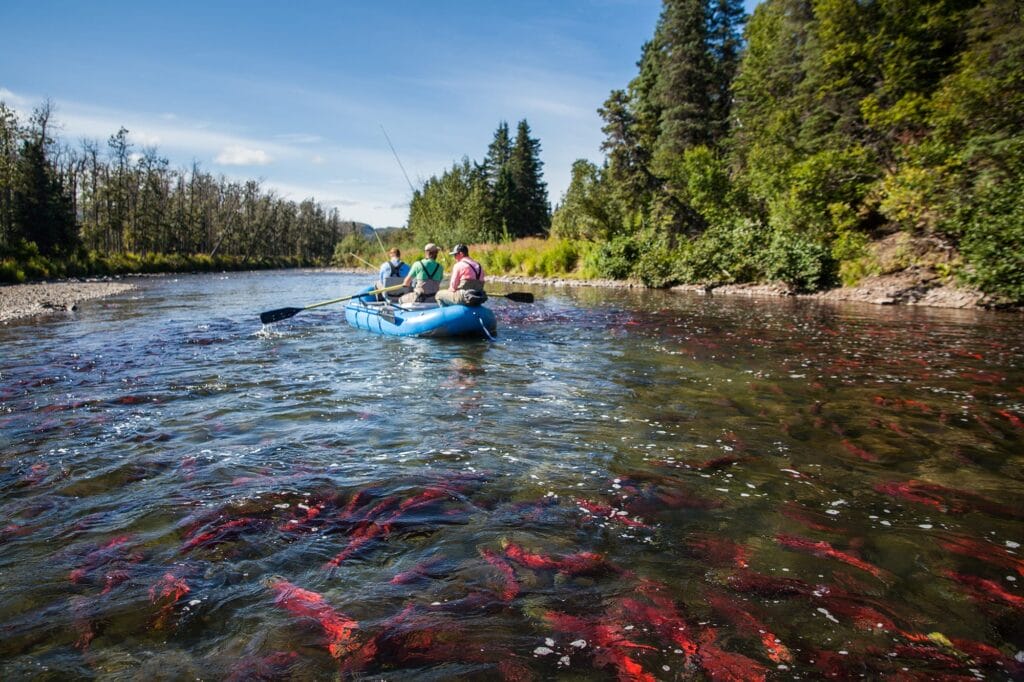
Conservation as a national priority
This year, just before Independence Day, President Trump set the stage for second-term presidential conservation actions with an executive order titled “Establishing the President’s Make America Beautiful Again Commission.”
The executive order is important for several reasons. First, it explicitly calls out conservation as a national priority, stating:
America’s national parks, forests, waterways, and public lands have inspired generations and kindled our Nation’s spirit of exploration. To ensure that the next generation of Americans inherits this same sense of duty and adventure, my Administration will prioritize conserving our great American national parks and outdoor recreation areas.
The President’s mention of public lands is an implicit rejection of a recent Senate proposal that would have mandated the sale of 2-3 million acres of publicly owned land.
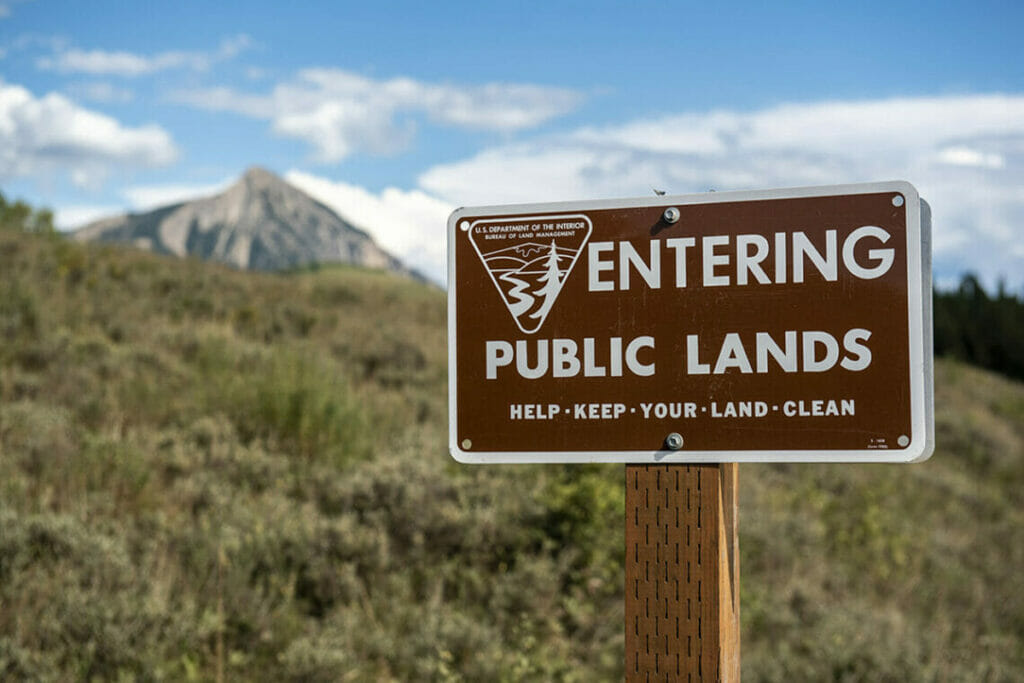
Equally important is the statement in the executive order that all federal agencies must “recover America’s fish and wildlife populations through proactive, voluntary, on-the-ground collaborative conservation efforts.”
The order goes on to create a Make America Beautiful Again commission. Two of the commission’s responsibilities are to develop policies to “recover fish and wildlife populations” and recommend “solutions to expand access to clean drinking water and restore aquatic ecosystems to improve water quality and availability.”
In-line with TU’s mission
This direction speaks to the core of Trout Unlimited’s brand of collaborative stewardship and how we deploy it to care for and recover trout and salmon rivers and streams so that our children may enjoy their wonder.
The emphasis on restoration and recovery also hearkens back to American stick-to-it-iveness. We may not always get it right. We may sometimes fail, but we know how to work together and work hard, to ensure that those who follow us will receive a healthier land and water legacy than the one we received.
There’s hope of working together in pursuit of our shared lands and waters
This latest executive order suggests that despite agency and program cuts proposed by the administration this year, there may be a willingness to invest in making communities stronger in the face of ongoing threats from flood, fire and drought. Let’s hope so. These communities are the beating heart of America, and the family wage jobs created by investments are vital, especially in rural America.
Many domestic priorities and even mistakes of presidential administrations become anachronistic or forgotten through the lens of history. The various scandals of the Grant administration are remembered only by historians. Fewer still recall President Roosevelt splitting the Republican party when he ran for a third term as a candidate of the short-lived Bull Moose party. Nixon’s secret tapes did not serve him well.
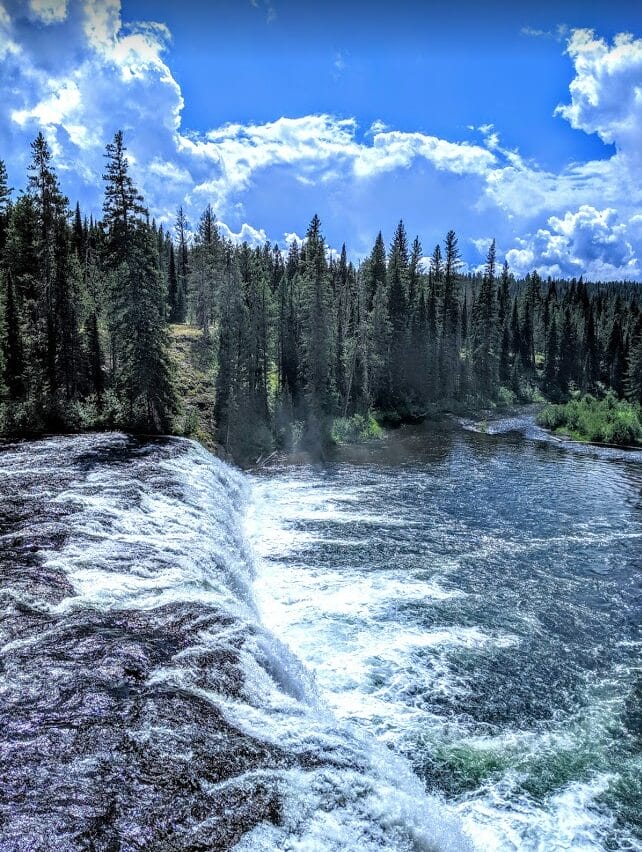
Yellowstone, the Grand Canyon and our firmament of environmental laws are better remembered today (and though I am no historian, arguably more important) than most of the other work of presidents Grant, Roosevelt and Nixon.
If President Trump takes his latest executive order to heart, he will, for example, strengthen, not weaken, protection of national monuments and National Forest roadless areas. He will double down on the permanent protection of Bristol Bay’s headwaters. He will invest in the recovery of the lands and waters that serve our great nation and he will work to protect the public lands that define America.
Presidential policies come and go, but the land and water they protect for future generations endure forever.



